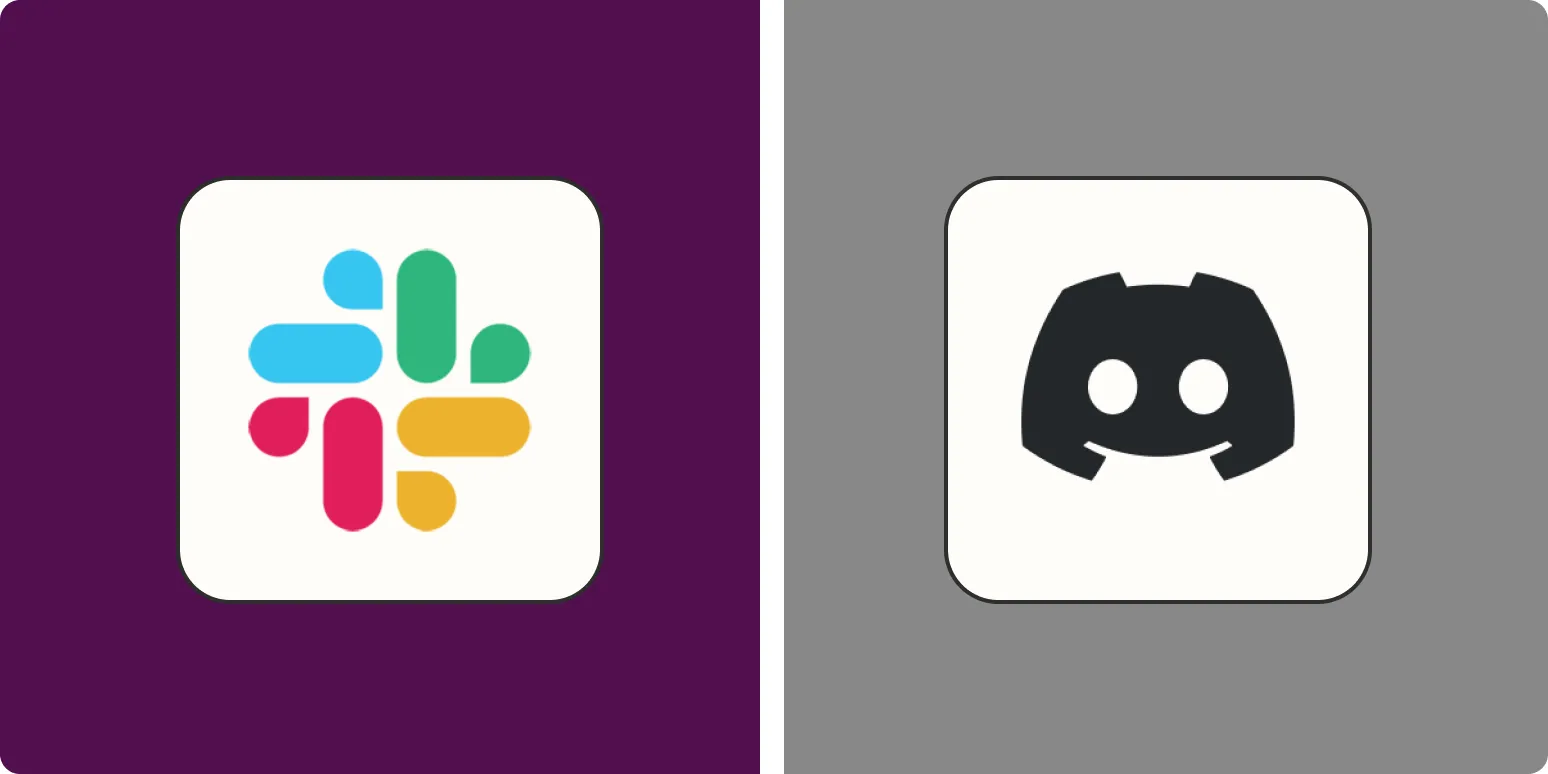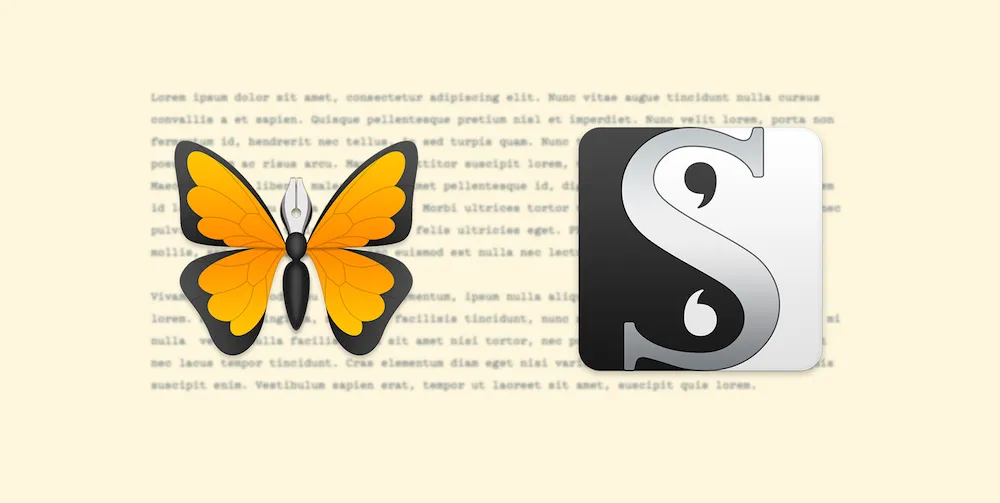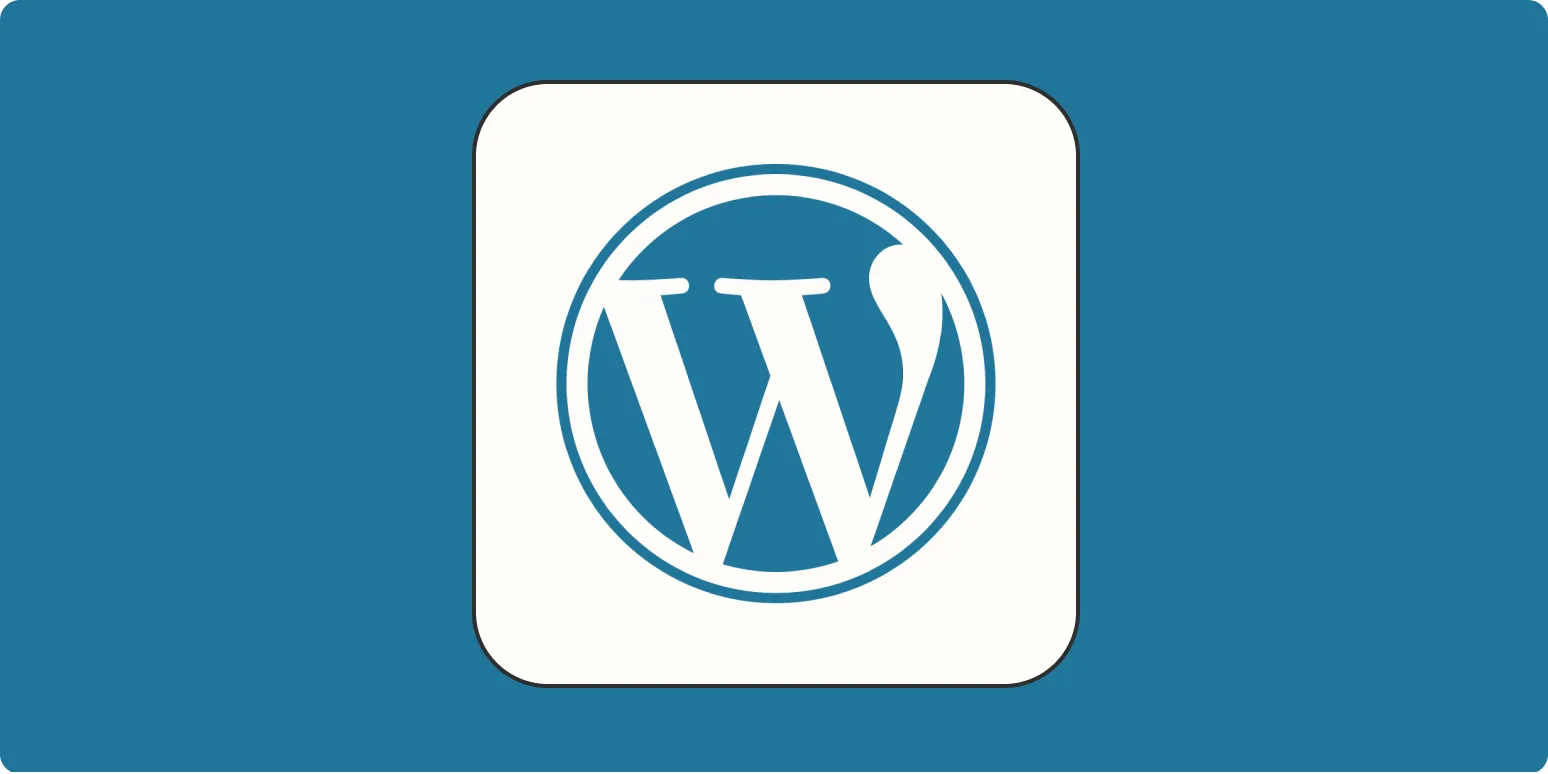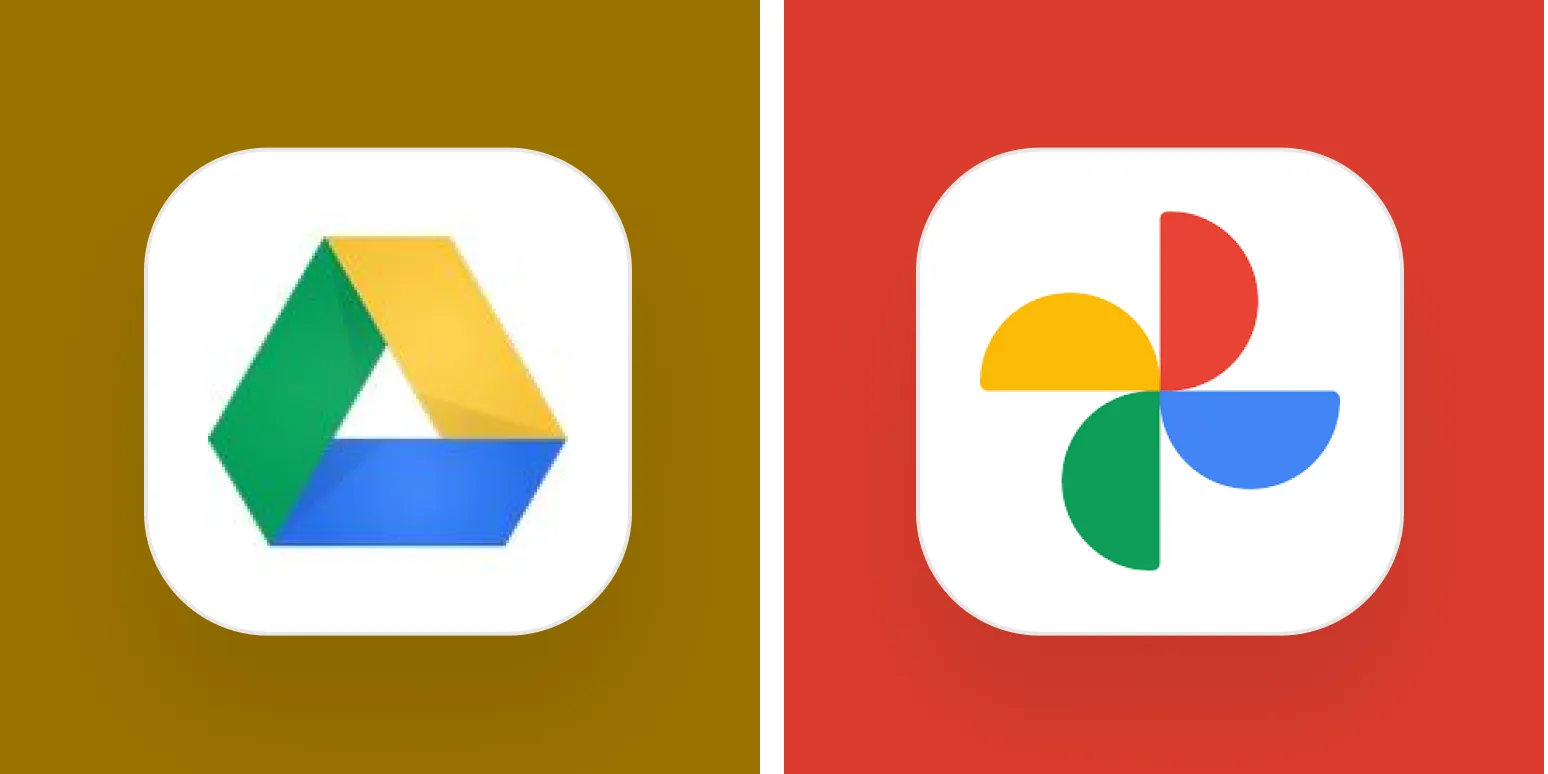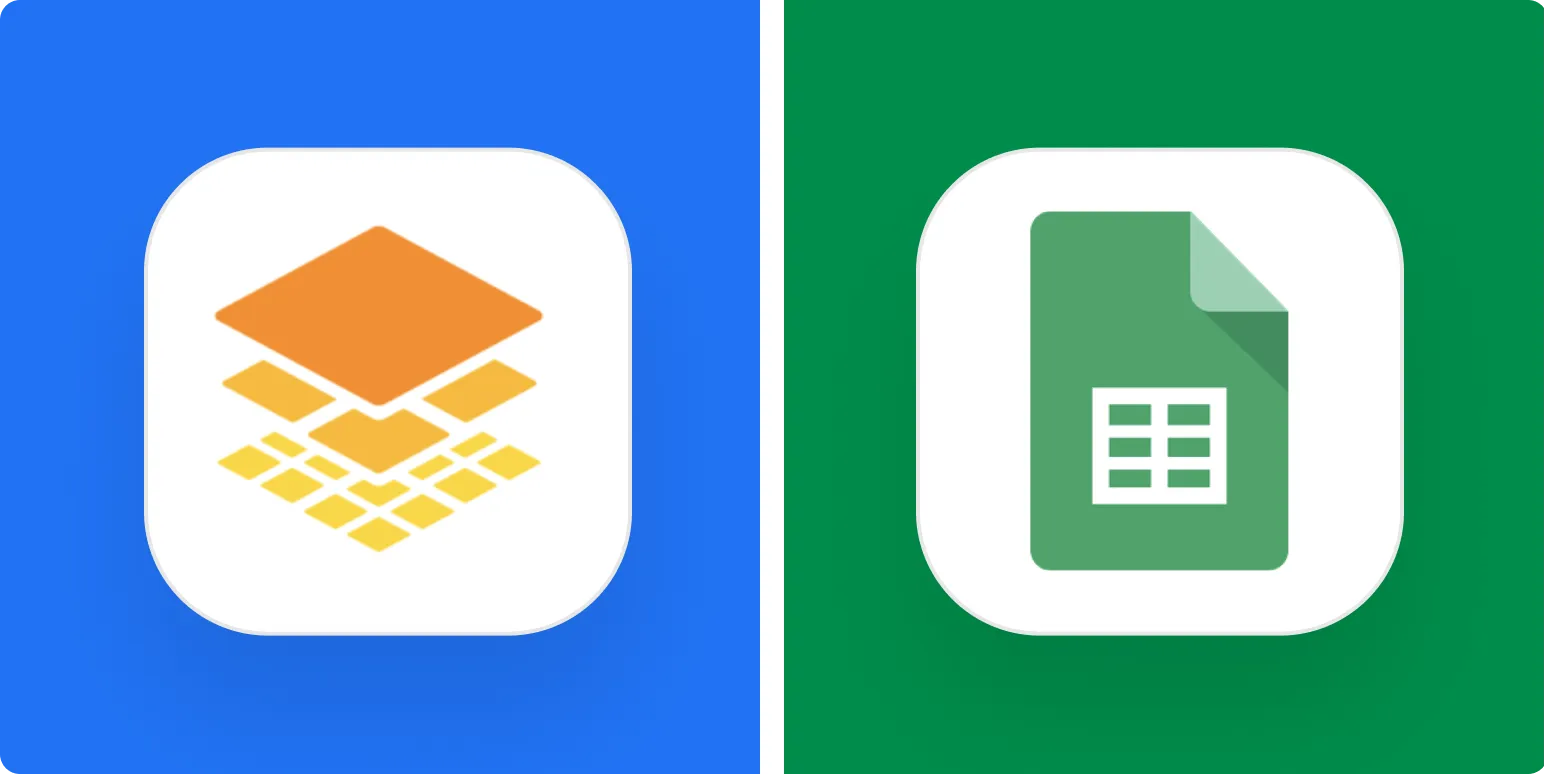When it comes to online communication tools, both ''Slack'' and ''Discord'' have gained significant popularity. Each platform offers unique features that cater to different user needs. This article will help you understand the differences between these two platforms and guide you in choosing the right one for your purposes.
Overview of Slack
''Slack'' is primarily designed for professional environments. It focuses on team collaboration and productivity, making it ideal for businesses and organizations. With its user-friendly interface, ''Slack'' allows for efficient communication through various channels, direct messaging, and file sharing. The platform also integrates with numerous third-party applications, enhancing its functionality.
Overview of Discord
''Discord'', on the other hand, started as a platform for gamers but has since evolved into a versatile communication tool. It supports not only voice and video chat but also text communication. ''Discord'' is favored by communities and social groups, allowing users to create servers that can host various channels for different topics. Its emphasis on community engagement makes it a popular choice for informal interactions.
Key Features Comparison
To better understand the differences, let's compare some of the key features of both platforms:
| Feature | Slack | Discord |
|---|---|---|
| Target Audience | Businesses & Teams | Gamers & Communities |
| Communication Style | Text, Voice, Video | Text, Voice, Video |
| Channel Organization | Channels & Threads | Servers & Channels |
| Integrations | Many Third-Party Apps | Limited Integrations |
| Customization | Limited | Highly Customizable |
| Pricing | Free & Paid Plans | Free with Optional Features |
Communication Features
Both ''Slack'' and ''Discord'' support various forms of communication. ''Slack'' allows users to create dedicated channels for specific topics, which helps in organizing discussions. The ability to thread messages means conversations can stay focused without cluttering the main channel.
''Discord'' also offers channel organization, but it goes a step further by allowing voice channels where users can join and leave as they please. This feature is particularly beneficial for real-time discussions, such as during gaming sessions or collaborative projects.
Integration and Customization
One of ''Slack'''s standout features is its extensive integration capabilities. Users can connect a wide range of applications like Google Drive, Trello, and GitHub, making it an all-in-one platform for productivity. This is especially valuable for teams that rely on multiple tools to get their work done.
In contrast, ''Discord'' offers a high level of customization. Users can create bots, add emojis, and personalize server settings to fit their community's needs. This flexibility allows for a more tailored experience, particularly for communities with specific interests or activities.
Pricing Models
''Slack'' operates on a freemium model, providing both free and paid plans. The free version has limitations on message history and integrations, which might not suffice for larger teams. The paid plans offer more features and storage, making them suitable for businesses that require extensive collaboration tools.
''Discord'' is largely free, with optional features available through a subscription service called Discord Nitro. This service offers perks like higher quality video streaming and increased upload limits. For most users, the free version of ''Discord'' provides ample functionality without the need for a paid upgrade.
Use Cases
Choosing between ''Slack'' and ''Discord'' ultimately depends on your specific needs. If you’re part of a business or a team that requires structured communication and productivity tools, ''Slack'' is the better choice. Its integrations and features are tailored for professional collaboration.
On the other hand, if you’re looking for a platform to foster community or social engagement, ''Discord'' is the way to go. Its voice channel capabilities and social features make it ideal for groups that prioritize interaction and engagement.
Conclusion
In summary, both ''Slack'' and ''Discord'' have their own strengths and weaknesses. ''Slack'' is geared towards professional environments with a focus on productivity, while ''Discord'' caters to communities seeking engagement and social interaction. Assess your needs and consider the features discussed to determine which platform is best suited for you. Whether you choose ''Slack'' for its organizational prowess or ''Discord'' for its community-focused design, both tools can enhance your online communication experience.

